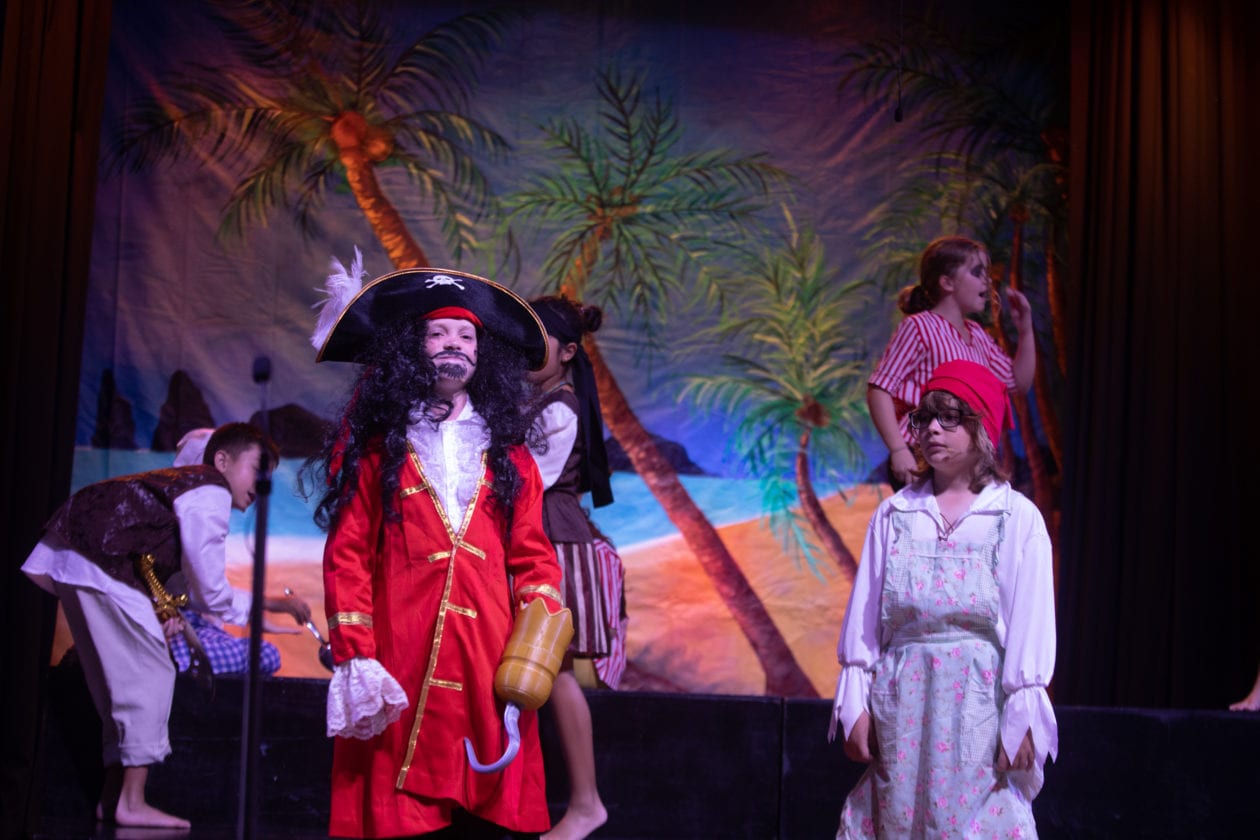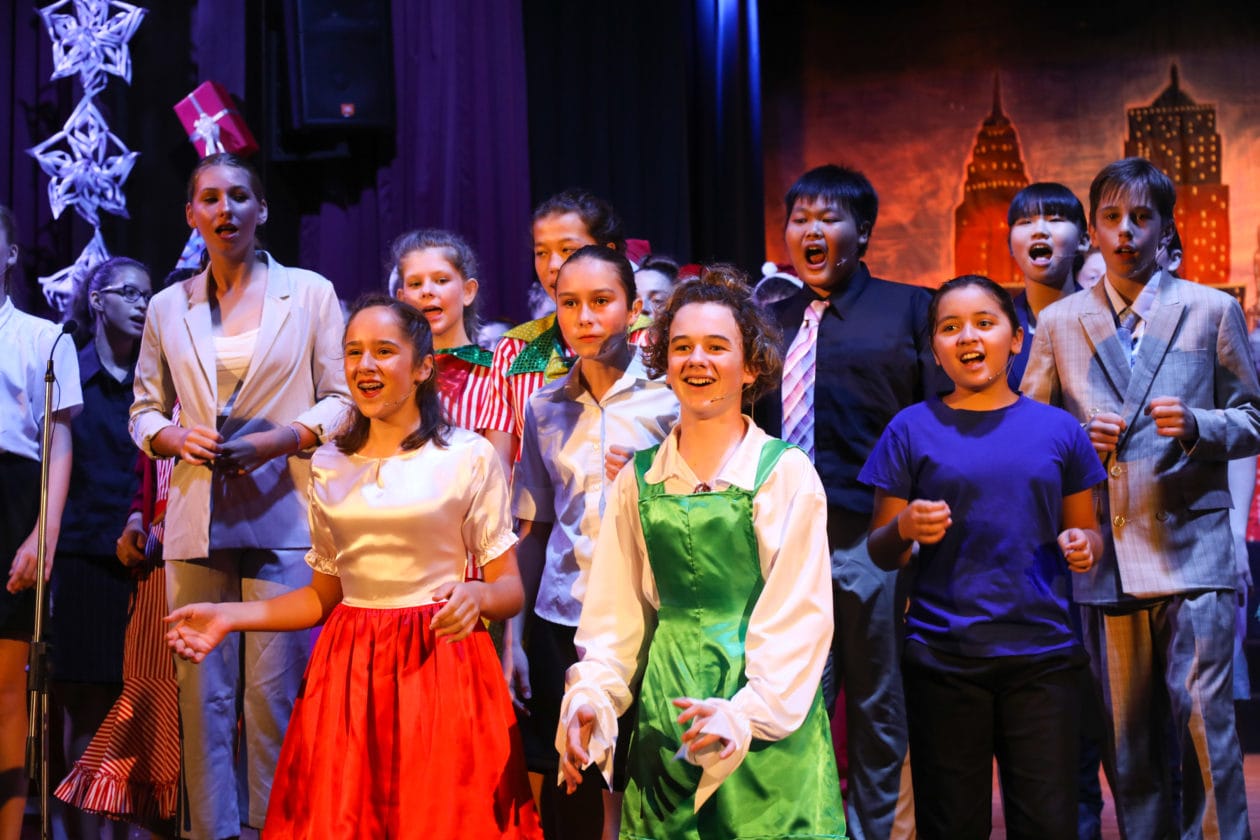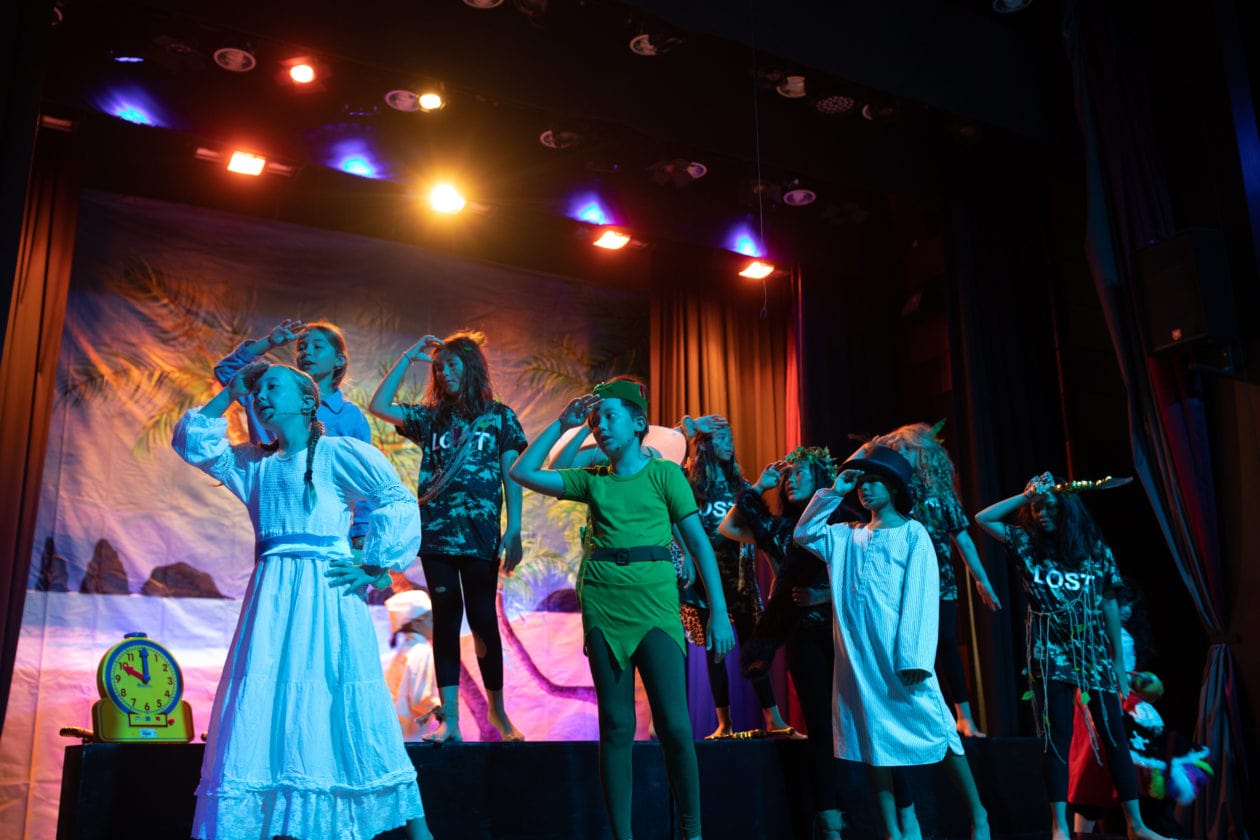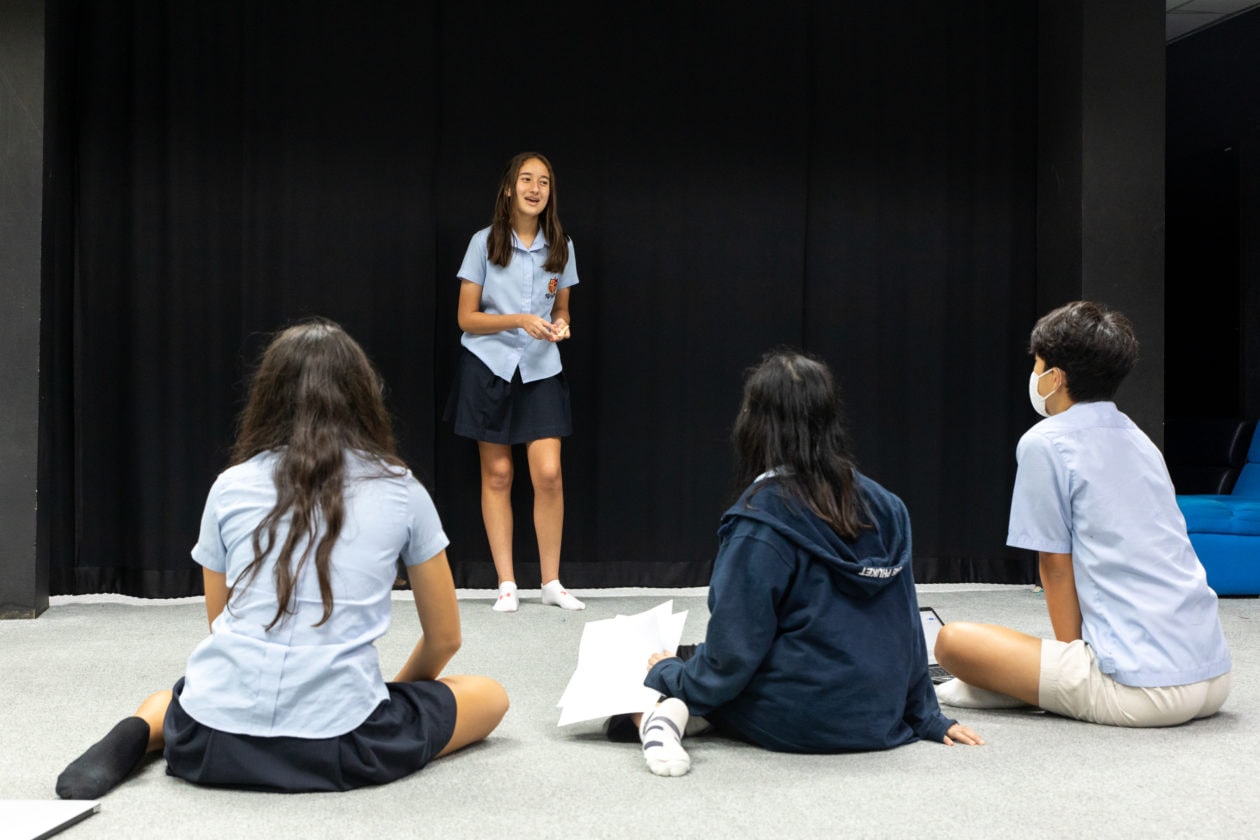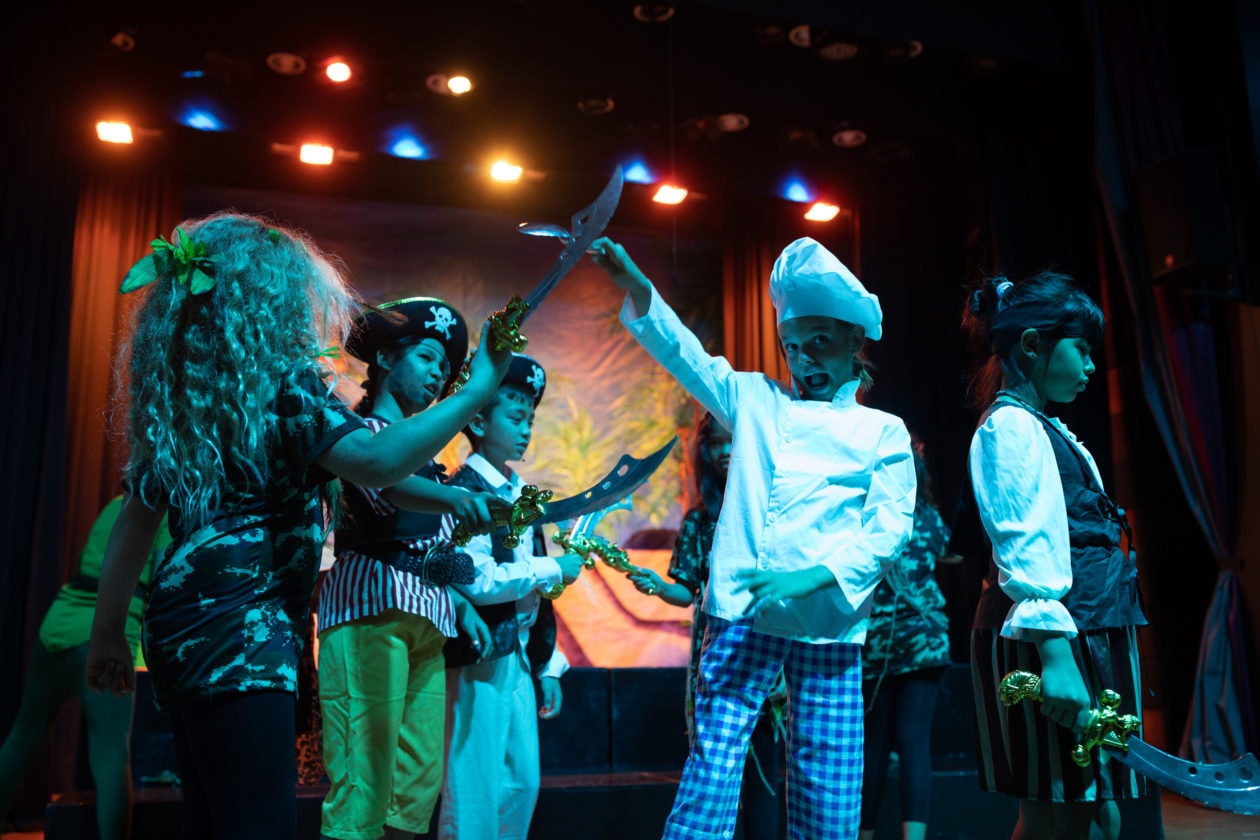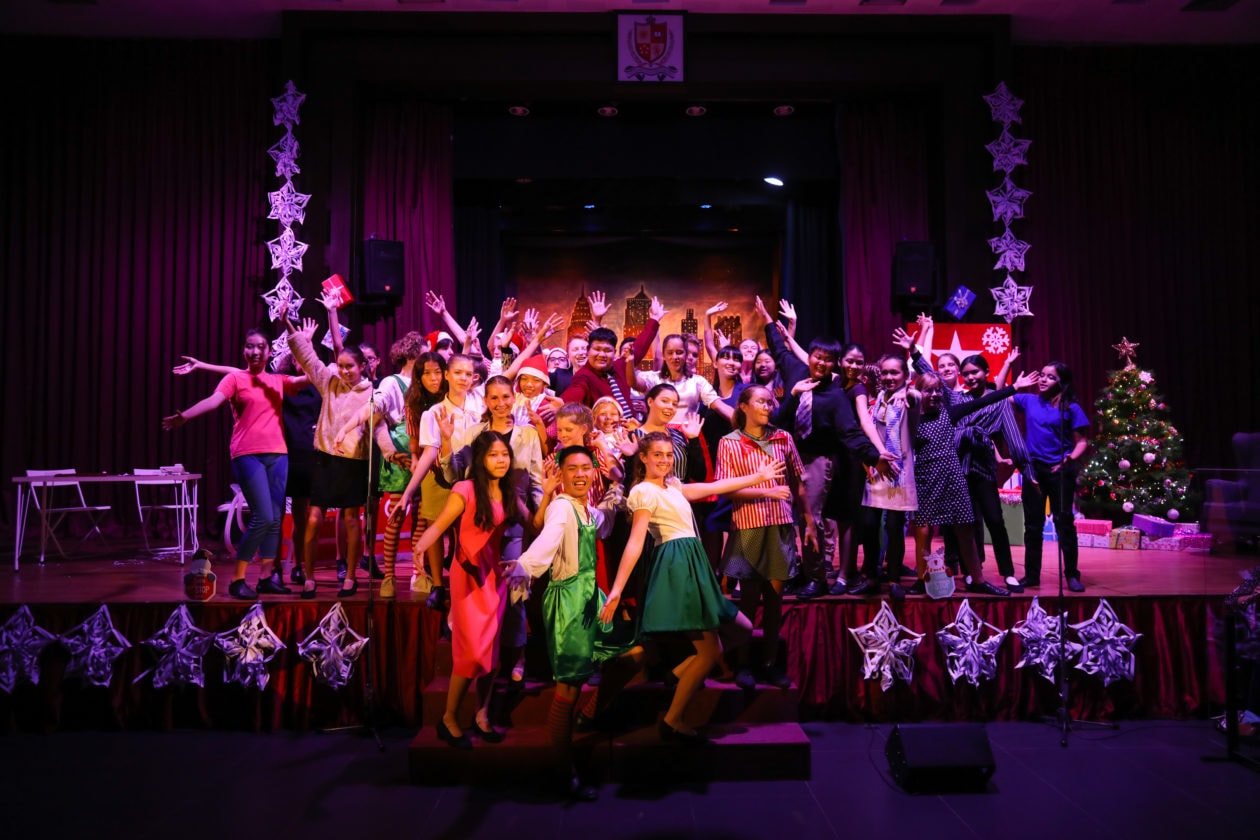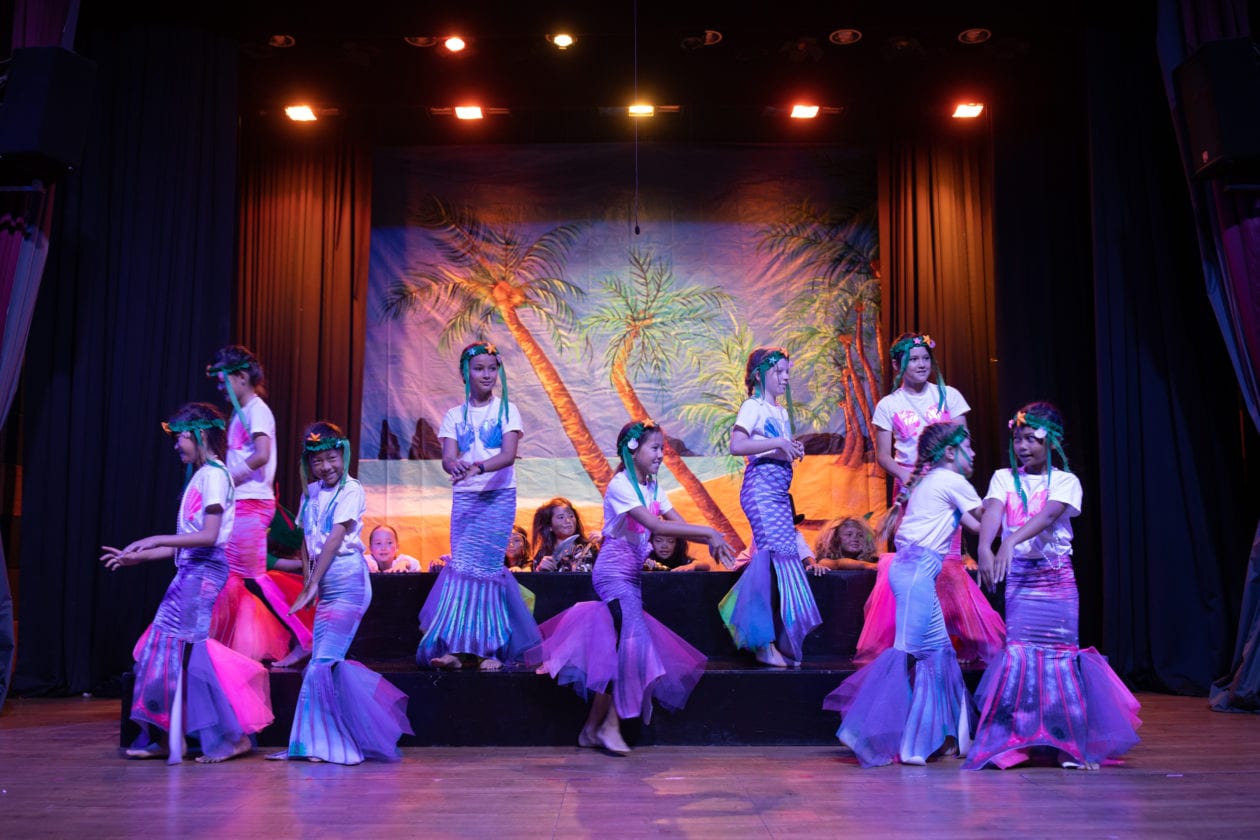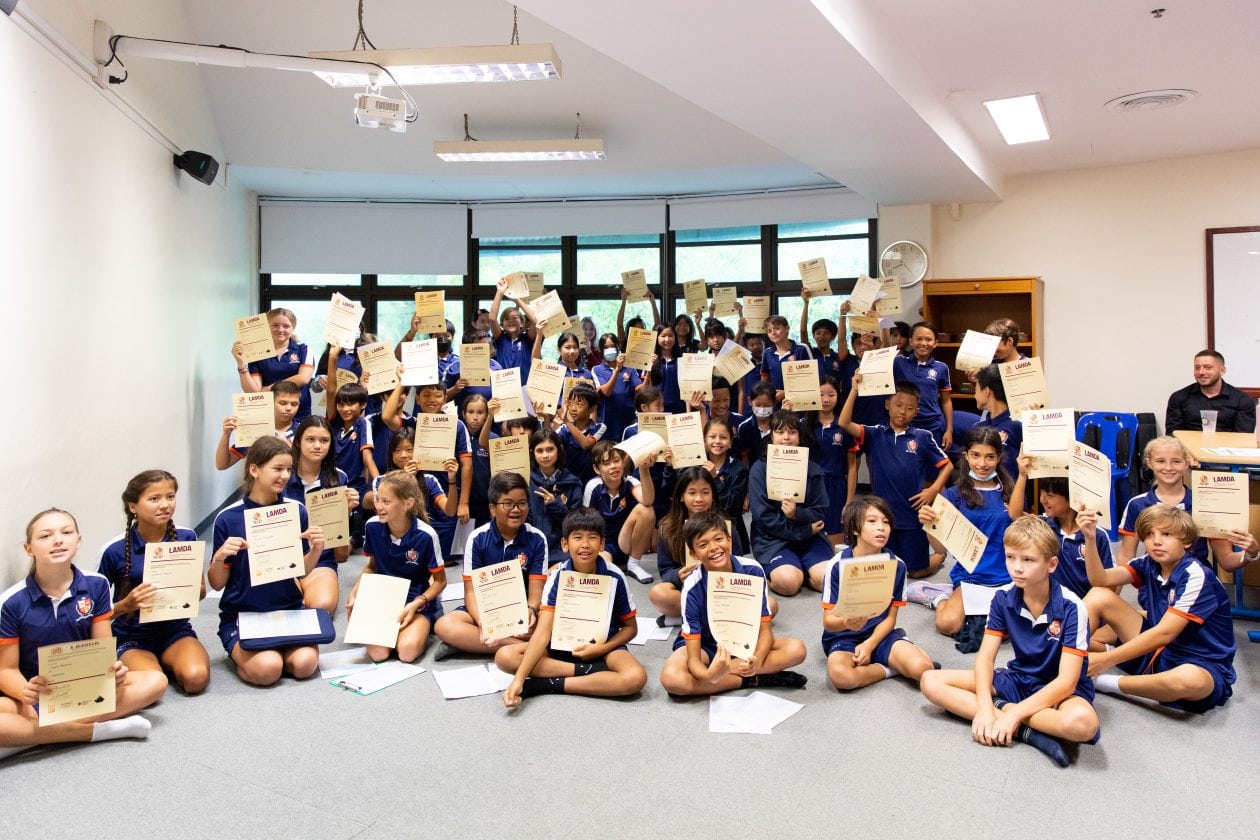Drama
Programme
BISP has a strong drama program that nurtures and develops skills in dramatic arts for primary students and early secondary school with options for extension right through to IB. The journey begins with voice awareness and progresses through a structured program of skills and knowledge to give students all they need to plan, organise and deliver full-scale performances.
Students gain the public speaking skills that are so valuable in other school subjects, and to success in life beyond school. Students with a passion for further studies in dramatic arts can take their capabilities so much further. The BISP drama program has the breadth and depth to give future performing artists and industry specialists the strong start they need.
Developing skill and comfort in speaking and performing is just the beginning. Drama at BISP also develops attitudes and abilities across many other valuable complementary areas including:
- Confidence and self-esteem
- Focusing on a given task
- Performance quality and range
- Creativity and imagination
For more details about the Drama program at BISP, see the Composition section below.
Testimonials
Facilities
BISP has a range of drama spaces on the school premises. These include:
- Drama studio with theatre lighting, sound system, traditional ‘black box’ performance space, costume and props store, theatre set, and backdrops.
- Auditorium: a professional theatre space with twin level seating areas, theatre lighting rig, audio engineering room, backstage area, props and costume ‘quick change’ room, and stage apron.
- Amphitheatre: an outdoor performance space with built in acoustics, seating and lighting.
Whatever the type of performance, students are limited only by the extent of their imagination. With fully equipped multi-modal performance facilities right on campus, children have opportunities to develop broad performance experience and draw inspiration from a variety of settings and refine and showcase their growing skills and passions.
Composition on Drama at BISP
Primary
Students are exposed to drama early in fun ways, where they develop characters and adopt their personas. They are challenged to create characters that are different from themselves so they can think and act from alternative perspectives. They learn to speak and perform in front of others. They learn about movement, physicality, speaking and facial expression.
Students are inspired through:
- playing and understanding drama games
- taking on the role of different characters
- using props, masks, and costumes
- storytelling
Early exposure to performance builds students’ self-confidence and self-esteem along with skills in creativity, teamwork, storytelling and the ability to stay focused during a performance. And they have a lot of fun doing it.
All years
Students devise original and unique practical performances from a given stimulus, which changes through the years. In BISP Drama, students are supported through the process of idea generation right through to final performance delivery.
Through this stimulus-response approach, students develop “outside the box” thinking. As students’ capacity for idea conception, performance capability and confidence grows over their time at BISP, they are given further challenges that move them incrementally towards full responsibility for the delivery of original production.
IGCSE
All elements of IGSCE Drama are available at BISP including:
- Scripted and devised group tasks
- Monologues
- practitioner research
- practical workshops
- puppetry
- shadow work
- comedy
- acting
- LAMDA exam in Year 10
IB
The IB program builds on the work above. There is more directing, more analysis, and more dramatic theory. It covers:
- directing skills
- documenting
- collaboration
- theatre companies and world theatre traditions
- theory-based work
- set, stage, lighting
- costume design
- LAMDA exam in year 12
Elements of drama at BISP
Script work
Understanding, reading and performing from a script is a strong focus at BISP. It offers students a set story to use with pre-written words adjusted for age.
Based on the script, younger students construct props such as puppets, which they then use for performing.
The level of challenge in converting a script into a performance rises through the years, culminating with the IB program in which students learn to understand, balance, and integrate the often-complex needs of the director and writer(s).
Using scripts, students develop skills in performance and characterisation. In addition, they learn to understand the deeper elements of the text, to negotiate, compromise, and work in a team.
Directing
As students move through the school they are encouraged to take on various directing roles matched to their abilities. As directors, they must motivate and organise performances making key decisions. Adjusted for age, students are encouraged to make the whole performance stand out from any other. Inspired and with guidance from teaching staff, students often conduct their own research, using podcasts and other resources to learn about specific elements e.g. stage and costume design. Armed with new knowledge, students regularly return to lessons filled with fresh and innovative ideas.
In directing a performance or activity, students learn a balance of autonomy and teamwork. They develop management skills and problem-solving while expressing creativity, originality, and imagination.
Performing
Students perform in some capacity during every single drama lesson at BISP. Most performances are done in groups. Students build comfort in hearing their own voices out loud and move on to “filling a room” with their voices.
Regular exposure to performing allows students to feel comfortable and confident in front of an audience. They learn projection of voice and other skills such as microphone technique while also boosting their confidence with speaking, presenting and performing to groups and in public.
BISP provides performing opportunities for every age, open to any BISP student:
- 1 whole school (secondary) musical per year
- 1 upper and 1 lower primary school production per year
- A pantomime production
- Shakespeare Festival
- Various plays and performance events throughout the remainder of the year
Whether merely passionate, or aspiring for a career, any and all students can be part of an annual program of dramatic productions, developing friendships, skills and confidence, and having fun all the while.
Production elements
At BISP, students from year 7 onwards are encouraged to use sound, lighting, set design, props and costumes as part of their performances. In doing so, they become familiar with the tools of performance and the way they work together in a production. They learn how to use those elements for a purpose and to connect them to create an experience for an audience. The earlier years prepare students for a seamless transition to IGSCE/IB and other studies.
In IGSCE and IB, drama at BISP helps students to deepen their exploration into ideas of representation. For example:
- What does a red light mean to an audience?
- What does wearing a crown symbolise?
- How is each element essential to the scene and story?
- Is there a better way to convey this idea in a scene?
Drama students at BISP develop a toolbox of dramatic skills relevant to focusing an audience’s attention in deliberate and purposeful ways. BISP caters to all levels of dramatic aspiration.
LAMDA examinations
BISP students are enrolled in examinations from the London Academy of Music and Dramatic Arts (LAMDA) as part of their performing arts education at BISP. Years 2 and IB Diploma students face the challenge of performing to an external examiner, and faced with such challenges learn to prepare, practice and perform. Students following courses in Theatre Arts at the level of IGCSE or IB diploma are also examined externally by LAMDA. The result of this undertaking is that BISP students graduate with recognized specialist performing arts qualifications from the UK.
